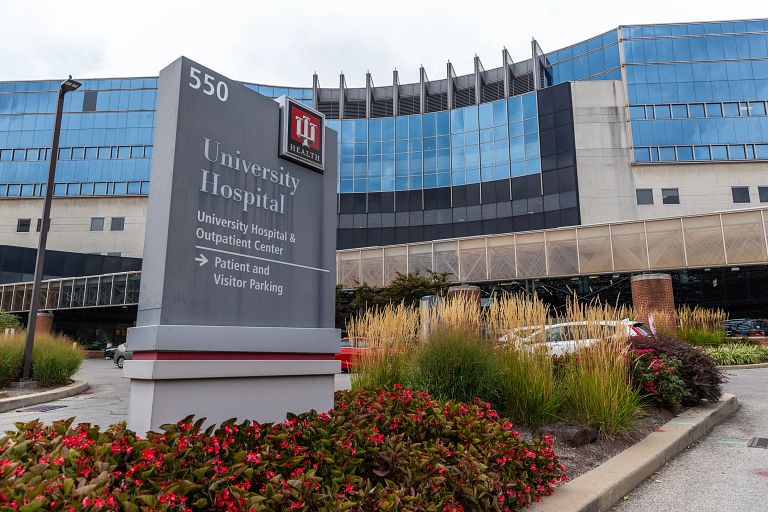
INDIANAPOLIS -- A new study by Indiana University researchers in collaboration with University of Minnesota researchers examined U.S. trends in COVID-19-associated hospitalizations and mortality rates before and after states reopened their economies in summer 2020. It found that the daily trend in hospitalizations increased following reopening, resulting in over 5,300 new people being hospitalized for COVID-19 each day.
The study was published today in JAMA Health Forum.
"One basic concern during the pandemic has always been about overwhelming the health care system, which is what we are continuing to see globally with new variants and surges, for instance, recently in India," said Sumedha Gupta, an associate professor of economics in the IU School of Liberal Arts at IUPUI and lead author of the study. "It was important for us to determine, as states reopen, would we see an increasing trend of hospitalizations and COVID-related deaths? We found that state reopenings were associated with a statistically significant increasing trend in both COVID-19-related hospitalizations and deaths."
Researchers conducted a cross-sectional study of 47 states between April 16, 2020, and July 31, 2020, using daily COVID-19 state-level death data tracked by The New York Times and data from the University of Minnesota's COVID-19 Hospitalization Tracking Project.
"While there were credible websites reporting number of cases, testing and deaths in each state during the early months of the pandemic, these data were insufficient for predicting the real-time stress on the hospital systems," said Pinar Karaca-Mandic, a professor at the University of Minnesota and co-author on the study. "With the launch of the COVID-19 Hospitalization Tracking Project, we began hand-collecting, tracking and trending daily COVID-19 hospitalization data from each state's Department of Health since mid-March 2020, and this early data collection effort made it possible for us to look at the association of state reopenings and hospitalizations."
Understanding the impact of economic reopenings on hospitalizations and mortality is crucial to guiding health policy as states decide whether to open or close activities in response to this pandemic and future pandemics, Gupta said.
"Because of the trade-off between the economic burden and disease burden of the pandemic, it is important to understand what happened as we reopened our economies," Gupta said. "Understanding the impact on hospitalizations is important because it's a scarce resource which needs to be used optimally in a pandemic environment."
Kosali Simon, a Herman B Wells Endowed Professor in the O'Neill School of Public and Environmental Affairs at IU Bloomington and co-author on the study, said many policies put in place in spring 2020 were designed to flatten the curve and prevent hospitals and intensive-care units from being overwhelmed. She said that while people have examined these policies' impacts on COVID-19-related deaths, no one had looked at their impacts on hospitalizations.
"A lot of work has looked at cases and deaths, and one of the reasons is that there was not easily accessible data on hospitalizations, because it was not being collected at that early time," Simon said. "But it is such an important measure.
"Look at what just happened in India; it's about the hospital system. From the very beginning, we were told to 'flatten the curve,' and that was all in an effort to give everyone an equal chance of getting to the hospital and being treated in case of sickness. This study helps address that issue."
Dr. Archelle Georgiou and Soumya Sen from the University of Minnesota are co-authors of the study.
IU Research
IU's world-class researchers have driven innovation and creative initiatives that matter for 200 years. From curing testicular cancer to collaborating with NASA to search for life on Mars, IU has earned its reputation as a world-class research institution. Supported by $854 million last year from federal, foundation, and other external support, IU researchers are building collaborations and uncovering new solutions that improve lives in Indiana and around the globe.






